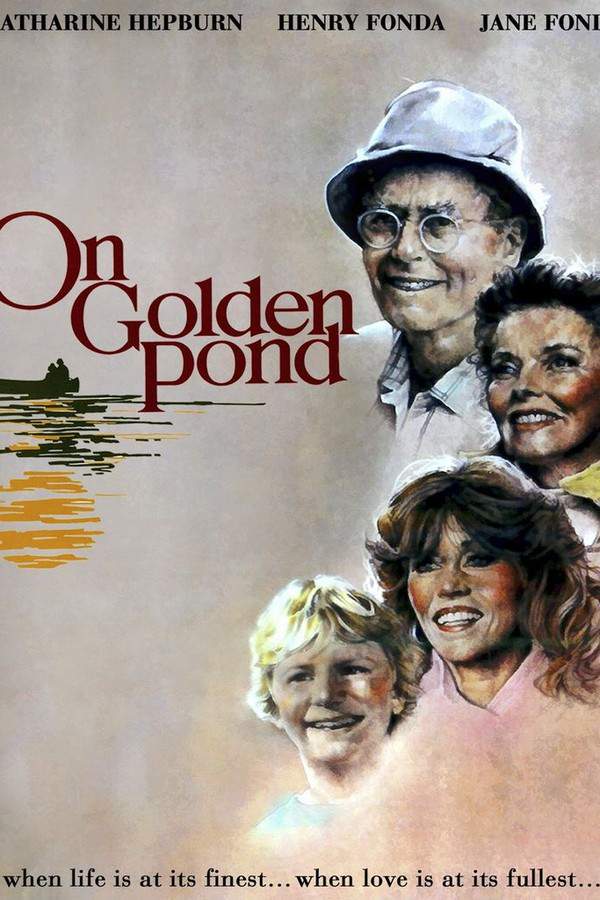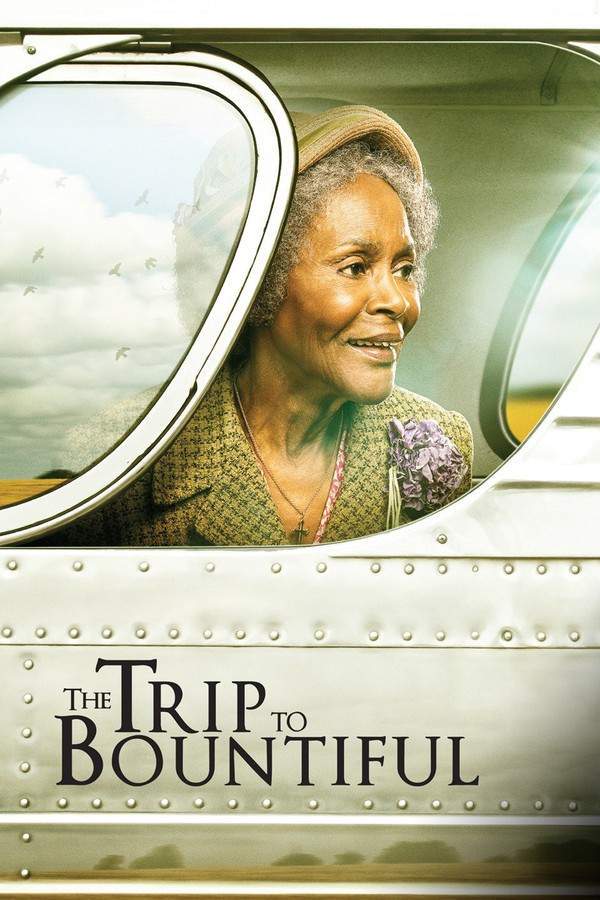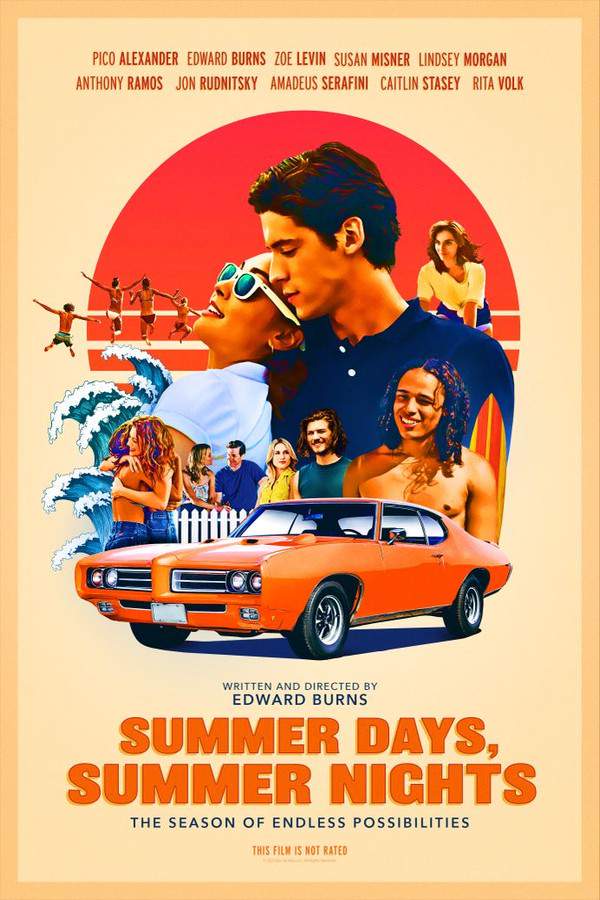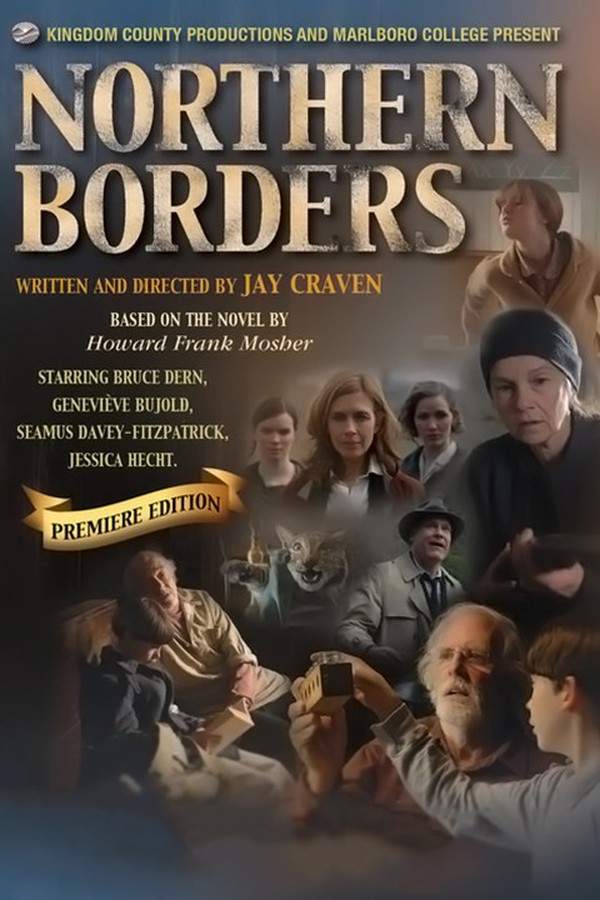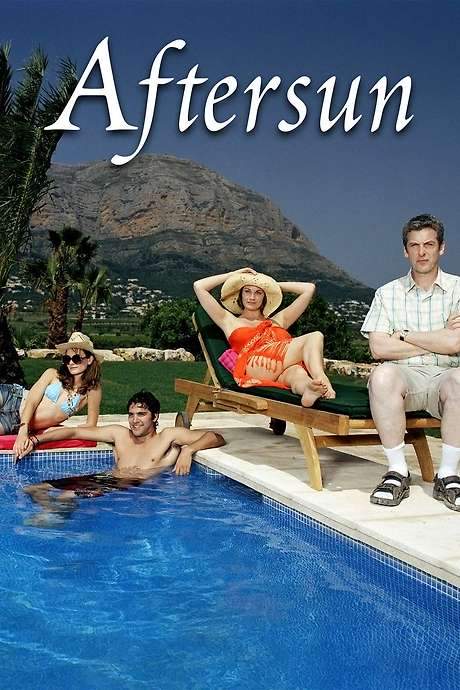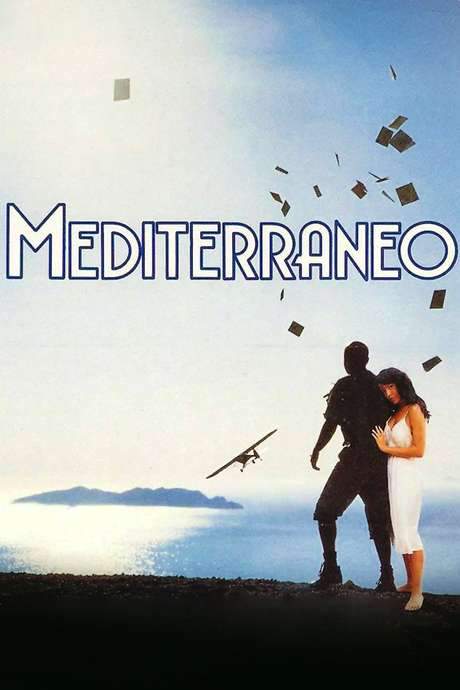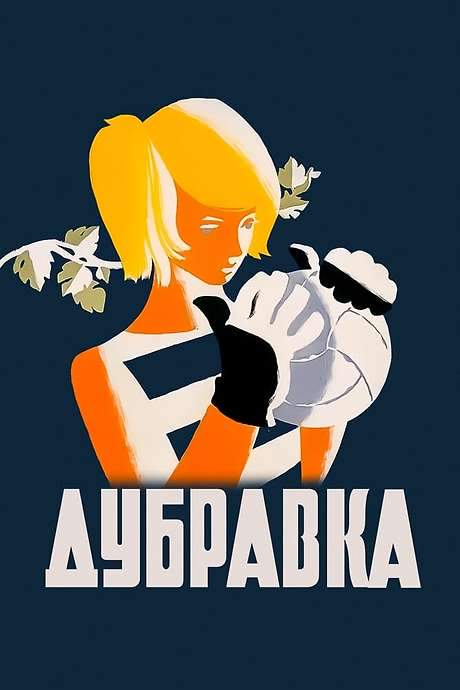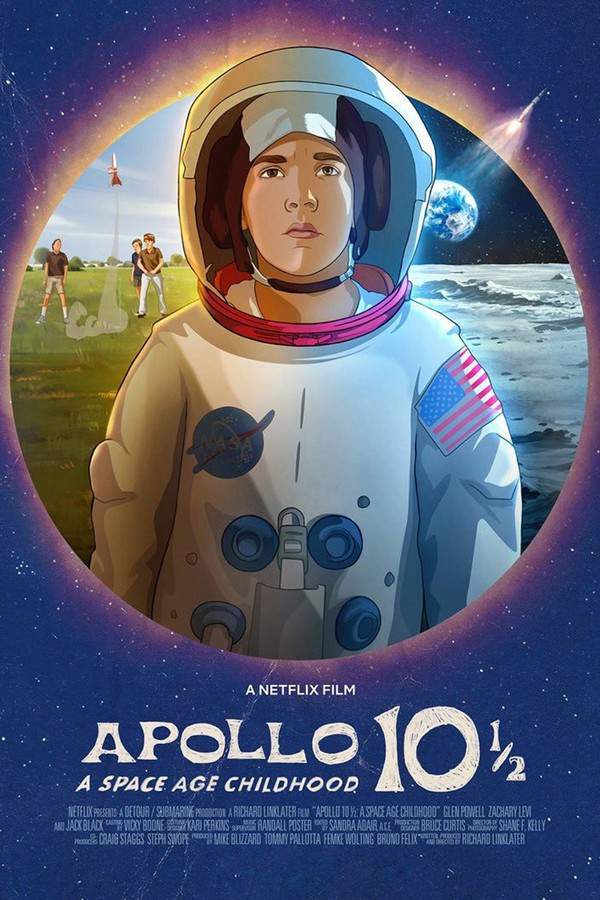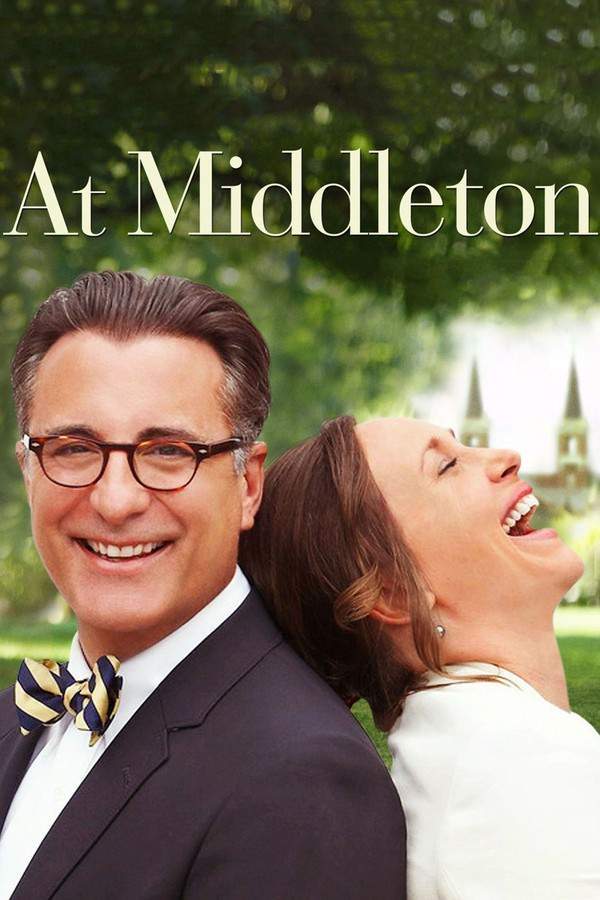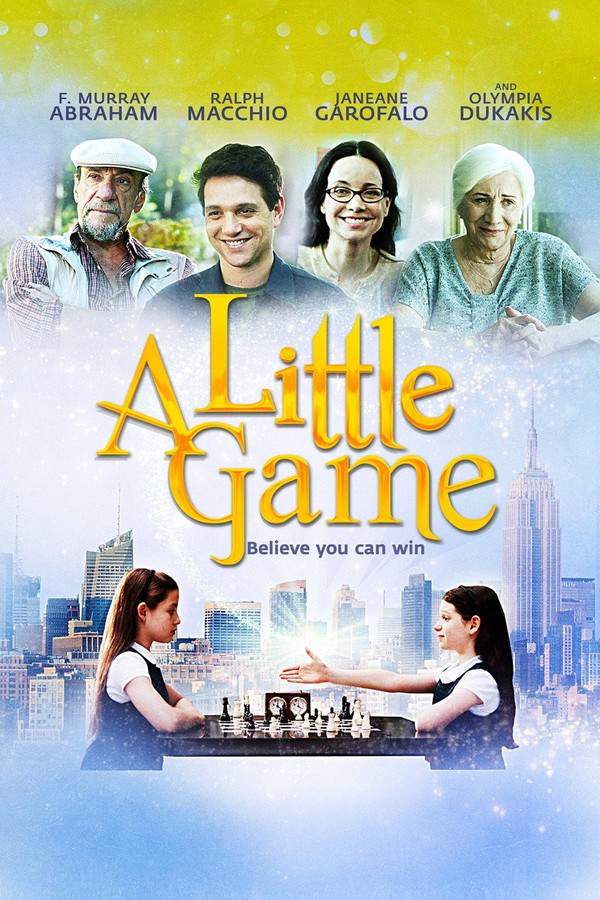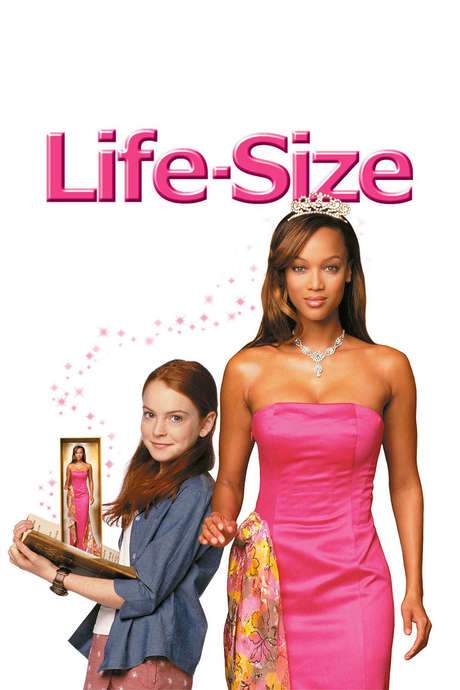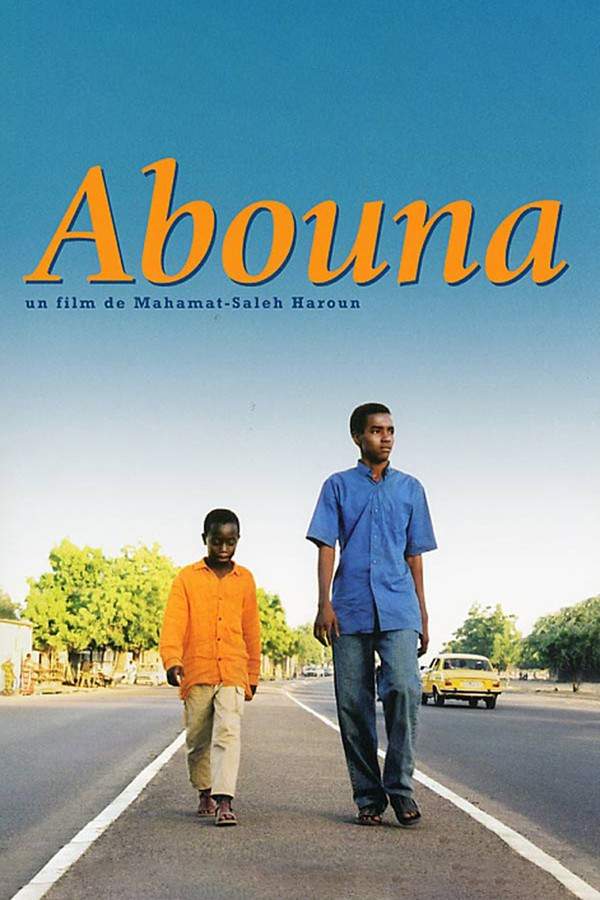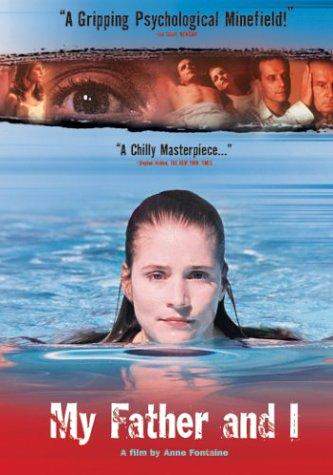
My Father’s Glory
Year: 1990
Runtime: 105 mins
Language: French
Director: Yves Robert
Set in early‑20‑century Provence, the film follows young Marcel, the son of science‑teacher Joseph Pagnol and seamstress Augustine. Growing up under his rationalist father's influence, Marcel’s world widens during a summer countryside holiday, where he befriends Lili, a local girl who introduces him to rural customs and a different way of life.
Warning: spoilers below!
Haven’t seen My Father’s Glory yet? This summary contains major spoilers. Bookmark the page, watch the movie, and come back for the full breakdown. If you're ready, scroll on and relive the story!
My Father’s Glory (1990) – Full Plot Summary & Ending Explained
Read the complete plot breakdown of My Father’s Glory (1990), including all key story events, major twists, and the ending explained in detail. Discover what really happened—and what it all means.
Between the early 1900s and the onset of the First World War, this story follows a boy named Marcel [Julien Ciamaca], born in the country and raised in the bustling port city of Marseilles. His father, Joseph [Philippe Caubère], is a diligent, principled schoolteacher who values hard work, yet he is openly atheistic. Marcel’s world is quietly divided by the clash between his father’s rational, secular view and the deeply rooted Catholic beliefs that circle around his Aunt Rose [Thérèse Liotard] and her husband, Uncle Jules [Didier Pain], a jovial but formally devout priest of a Catholic household. The marriage of Rose to Jules introduces a tension that threads through the family dynamic: two men, two faiths, one shared love of family, and a simmering difference in how they see the world.
One summer, this tension is brought into sharp relief when Jules proposes a shared holiday in Provence, inviting the two households to lodge together in a sunlit, rolling countryside. Jules promises to teach Joseph the art of hunting, a masculine ritual that both fascinates and unsettles Marcel. Marcel longs to join the men, to discover the countryside on his own terms, but he is kept in the dark for much of the early plans. In a moment of mischief and misunderstanding, the adults leave the house early in the morning, assuming Marcel is asleep, and he wakes to realize he has been left behind. This leads to a small, telling moment of bravado: Marcel follows the pair, witnesses Jules’ subtle taunting of Joseph as the two men grapple with the idea of hunting prowess, and then Marcel inserts himself into the moment by revealing the partridges they had been tracking.
As the days pass, Marcel befriends Lili [Joris Molinas], a resourceful local boy who knows the Provençal hills intimately. Lili becomes Marcel’s teacher in the broader world outside Marseille: he introduces him to the land’s textures, paths, and rhythms. Their days are filled with exploration among the hills, where the pine-scented air and sun-warmed rocks become a classroom without walls. Through Lili’s guidance, Marcel experiences the countryside as a living map, a place to test limits and to dream beyond the city’s fences.
The adventure shifts with Marcel’s own wish for independence. He begins to fantasize about living in a cave, away from adults, and he drafts a letter to his parents explaining his decision to disappear into a “new home.” Before the departure, he maps out a plan with Lili, who shares his sense of curiosity and the lure of a more solitary life. On the day of the family’s departure back toward home, Marcel rises early, packs his courage, and makes a final, anxious walk toward the cave he has imagined. Yet fear creeps in as he contemplates life without the familiar, and he finds excuses to delay his supposed hermitage.
Back at the house, the letter Marcel left on his pillow sits there, a silent test of whether his family knows what he intends. He assumes no one has read it, and he braces himself for a future that might not include his own quiet, solitary corner. His parents, however, have read the message, and their reactions hint at the care and concern that underlie their difference in beliefs. The story closes with the family’s journey home, their coach bearing them away from Provence, while Lili watches with a keen sense of both wonder and unresolved longing.
This film unfolds as a tender, observational portrait of childhood discovery against two competing trains of thought—one rooted in secular diligence and the other in religious faith. The Provence landscape—a character in its own right—colors the narrative with a sunlit beauty that contrasts with the friction of adult perspectives. Marcel’s inner life—his curiosity, fear, and longing for autonomy—emerges through small, quiet choices rather than dramatic events, inviting viewers to reflect on the ways families teach and test their children without stepping outside the bounds of everyday life.
Notes on key cast moments (for reference):
-
Marcel Pagnol, 11 years old [Julien Ciamaca]: the curious, eager young traveler who longs to discover the world beyond Marseille and his family’s beliefs.
-
Joseph Pagnol [Philippe Caubère]: Marcel’s father, an industrious, skeptical man navigating a life of teaching and personal conviction.
-
Aunt Rose [Thérèse Liotard]: Marcel’s nurturing aunt whose marriage to Uncle Jules adds a spiritual and cultural contrast to the family.
-
Uncle Jules [Didier Pain]: a warm, religiously devout figure whose hunting lesson becomes a focal point of the summer’s tensions.
-
Lili [Joris Molinas]: Marcel’s countryside friend who serves as a guide and ally in exploring the land and its possibilities.
-
François, father of Lili [Pierre Maguelon] and other supporting figures appear in the broader world that shapes Marcel’s experiences in Provence.
-
The boy’s world and the adults’ beliefs intertwine through a series of small moments that echo beyond the summer and into Marcel’s sense of home and identity.
Last Updated: October 09, 2025 at 15:05
Explore Movie Threads
Discover curated groups of movies connected by mood, themes, and story style. Browse collections built around emotion, atmosphere, and narrative focus to easily find films that match what you feel like watching right now.
Movies about nostalgic childhood summers like My Father’s Glory
Stories that capture the slow, golden days of a child's formative summer holiday.If you loved the sun-drenched, gentle pace of My Father’s Glory, discover other movies that capture the magic of a child's summer holiday. These films share a tender, nostalgic feel, focusing on discovery, friendship, and the bittersweet end of a season.
Narrative Summary
The narrative follows a linear, often episodic journey through a single summer. The plot is driven by small-scale discoveries and the formation of a key friendship, rather than high-stakes drama. The central conflict is often the gentle friction between childish freedom and the looming return to reality.
Why These Movies?
Movies are grouped here for their shared ability to transport the viewer back to the specific atmosphere of a childhood summer. They prioritize mood, sensory detail, and emotional authenticity over complex plotting, creating a cohesive, gentle, and nostalgic viewing experience.
Movies with gentle ideological clashes like in My Father’s Glory
A child observes the quiet ideological friction between adults, coloring their own innocent world.Fans of the subtle tension between Joseph's rationalism and his brother's faith in My Father’s Glory will appreciate these stories. They feature children observing adult conflicts of belief, resulting in bittersweet, character-driven dramas with light emotional weight.
Narrative Summary
The story is framed by a child's perspective on an underlying conflict between adult characters, often family members. The child's own journey of discovery is paralleled with, and sometimes challenged by, this clash of worldviews. The resolution is typically nuanced, leaving a lingering sense of thoughtful melancholy rather than clear victory for any one side.
Why These Movies?
These films are united by their unique narrative lens and thematic focus. The combination of a child's innocent perspective with the weighty, yet understated, conflict of adult ideologies creates a specific type of thoughtful, low-intensity drama that feels cohesive.
Unlock the Full Story of My Father’s Glory
Don't stop at just watching — explore My Father’s Glory in full detail. From the complete plot summary and scene-by-scene timeline to character breakdowns, thematic analysis, and a deep dive into the ending — every page helps you truly understand what My Father’s Glory is all about. Plus, discover what's next after the movie.
My Father’s Glory Timeline
Track the full timeline of My Father’s Glory with every major event arranged chronologically. Perfect for decoding non-linear storytelling, flashbacks, or parallel narratives with a clear scene-by-scene breakdown.

Characters, Settings & Themes in My Father’s Glory
Discover the characters, locations, and core themes that shape My Father’s Glory. Get insights into symbolic elements, setting significance, and deeper narrative meaning — ideal for thematic analysis and movie breakdowns.

My Father’s Glory Spoiler-Free Summary
Get a quick, spoiler-free overview of My Father’s Glory that covers the main plot points and key details without revealing any major twists or spoilers. Perfect for those who want to know what to expect before diving in.

More About My Father’s Glory
Visit What's After the Movie to explore more about My Father’s Glory: box office results, cast and crew info, production details, post-credit scenes, and external links — all in one place for movie fans and researchers.

Similar Movies to My Father’s Glory
Discover movies like My Father’s Glory that share similar genres, themes, and storytelling elements. Whether you’re drawn to the atmosphere, character arcs, or plot structure, these curated recommendations will help you explore more films you’ll love.
Explore More About Movie My Father’s Glory
My Father’s Glory (1990) Scene-by-Scene Movie Timeline
My Father’s Glory (1990) Movie Characters, Themes & Settings
My Father’s Glory (1990) Spoiler-Free Summary & Key Flow
Movies Like My Father’s Glory – Similar Titles You’ll Enjoy
Our Father (2004) Detailed Story Recap
How I Killed My Father (2002) Spoiler-Packed Plot Recap
A Man My Son (2017) Full Movie Breakdown
Father & Sons (2018) Movie Recap & Themes
A Loving Father (2002) Complete Plot Breakdown
My Father and My Son (2005) Spoiler-Packed Plot Recap
Father and Godfather (2007) Movie Recap & Themes
Daddy Nostalgia (1990) Spoiler-Packed Plot Recap
My Mother’s Castle (1990) Ending Explained & Film Insights
My Father’s Stories (2021) Detailed Story Recap
The Son Of… (1995) Detailed Story Recap
Family Life (1971) Spoiler-Packed Plot Recap
Goodbye, Father (1996) Movie Recap & Themes
My Father Is on the Tree (1969) Complete Plot Breakdown
My Father’s Secrets (2022) Detailed Story Recap

